:max_bytes(150000):strip_icc()/dangerous-heart-rate-5215509-final-996ea71602704bdbbcc5a99c07bd7fc6.png)
Waking Up, Heart Racing?
Did you ever wake up from surgery and just… feel weird?Like, not just “I’m hungry and where’s my phone?” weird but your heart decides it’s auditioning for a drumline? You’re groggy, there’s beeping, people in scrubs, your mouth is dry, and then—whoa. Thump. Flutter. Flutter. Is that my heart? Yep, it’s not just you.
Let’s be real: those first moments post-anesthesia can feel like coming back from another planet. And I’ll be honest, the last thing I expected after my own hernia surgery (yep, my turn for oversharing!) was feeling my heart stutter in my chest. It freaked me out for a second—until my nurse said, “Happens all the time.” But she was right. Heart palpitations after anesthesia aren’t rare. You’re definitely not alone.
So… why does your heart sometimes freak out like this? And, honestly, when should you just Netflix and rest—or bother your doctor? Me, I wanted answers. Let’s walk (slowly, if needed!) through the what, why, and now what of this post-surgery heart drama.
Why Does My Heart Go Wild?
Let’s picture your heart as the world’s best little engine. Surgery + anesthesia? It’s like someone spilled coffee on its control panel and said “Fix it fast!”—and, well, sometimes your heart overreacts. In the medical world, this is often called postoperative tachycardia or atrial fibrillation (AFib), especially if it gets a bit more dramatic than just a quick flutter.According to the American Association for Thoracic Surgery, being fresh off anesthesia can spark rapid, sometimes irregular heartbeats—a totally stressful ride for a steady little organ.
But, why? Because your body is seriously stressed after surgery. There’s actual trauma (even if it was laparoscopic and “easy”!), meds messing with your internal chemistry, and pain sneaking around your nerves. The heart? All it wants is to keep you running, so it sometimes overcompensates.
What Does It Feel Like, Really?
Let’s get honest: heart palpitations after anesthesia feel, well, weird. Thump-thump-thump, maybe skipping beats, sometimes fluttery. Sometimes you also feel a little lightheaded, anxious, or short of breath.
I remember lying there, hearing my monitor make strange noises, and thinking, “Is this my new reality?” (Spoiler: It wasn’t.) The nurse just winked and said, “The monitors beep at everyone. Take a breath.” That helped. (But if you faint or have chest pain, always get help.)
Can I Blame the Anesthesia?
Absolutely. That cocktail they use to put you under? It can disrupt electrolytes like potassium and magnesium, both of which your heart loves to keep steady beats. Then, there’s pain, stress hormones, low blood, and even hydration—every little up and down can send your heart into temporary jazz mode. Research on tachycardia after surgery confirms dehydration, pain, and stress as huge triggers.
When Do The Flutters Start?
Maybe you wake up and feel totally fine… then a few days later, boom, your heart’s racing. Sometimes, palpitations show up right away while you’re still in the hospital. For many, though, it can take two to four days as your body battles inflammation—its own weird, slow-motion version of “Rumble in the Jungle.”
My friend Joel had hernia surgery and laughed when his heart started pounding three days later. “I thought it would happen in the hospital,” he told me, “Not at home while watching bad TV.” Classic body—never on schedule.
If you’re wondering how long this might last, check out how long does postoperative tachycardia last. Each person’s timeline is different, but knowledge = less panic.
Typical Timeline for Palpitations
| When They Start | How Long They Last | More Common If |
|---|---|---|
| During surgery or right after | Minutes to hours | Big surgeries, anesthesia side effects |
| 2-4 days post-op | Days to a week or more | Stress response, inflammation, underlying heart issues |
A lot of people—maybe even you—will never feel a thing. But if you do notice your heart acting up, just know: It’s super common, part of healing for many, and rarely means something terrible if it fades within a few days.
How Long Will This Last?
Oh, the golden question: is your new “jazz hands” heartbeat the new normal? Usually not. How long does postoperative tachycardia last is a super handy resource because, turns out, most cases clear up as your body ditches inflammation and calms down.
If the palpitations drag on, especially weeks after your operation, or if they come and go with increasing drama, that’s when the docs want to do a little extra troubleshooting. In studies—like the ones from Weill Cornell—they discovered that people who get post-op atrial fibrillation (real deal irregular beats, not just a few flip-flops) are more likely to develop heart failure down the road, especially after big heart surgeries. Read more about the higher risk for heart failure post-op.
But (relax!) for the average healthy person, a bit of tachycardia is just the body’s way of shouting, “Give me a moment!”—and then quietly getting back to work.
Does Everyone Get This?
Nope. Some people bounce right back with zero drama—just a couple of naps and a craving for crackers. Others (hello, sensitive crowd!) notice every little skip and blip. You’re more likely to experience heart palpitations after anesthesia if you’ve had big open-heart surgeries, but research on non-cardiac ops shows about 10-20% of people get some rhythm drama, too.Atrial fibrillation also common in non-heart surgeries.
My cousin, who’s basically the poster child for “healthy living,” had AFib for a few days after gallbladder surgery and said, “All that yoga and green juice… and here I am, flopping around like a salmon on dry land.” It resolved on its own.
So, Who Should Be Most Careful?
If you’re over 60, have had heart rhythm issues before, or lost a fair amount of blood during surgery, you might ride the palpitations rollercoaster a bit longer. Still, for most, it’s a quick ride, not a lifelong ticket.
- Big (especially open-heart) surgeries? Up to 40% get some AFib or palpitations.
- Non-cardiac surgery or minor procedures? Around 10-20%.
So, basically, surgery is a wild card—your body’s version of unpredictable open mic night.
Should I Be Worried?
You know when you Google something and spiral into doom? Let’s skip that part and get to the point: most palpitations after surgery/anesthesia are normal and temporary. Your body is rebooting—sometimes the restart glitches a little.
But, you know your body best. Red flags? Chest pain, fainting, super short of breath, vomiting, or if your heart just keeps getting wilder. That’s when you signal the nurse or buzz your doctor. Don’t worry about “bothering” them—your peace of mind matters!
In super rare cases, heart palpitations after anesthesia can tip off bigger trouble, especially if you’re still in the hospital. The pros will hook you up for some monitoring, run a few tests, and either let you ride it out… or jump in with meds if needed.
For more nitty-gritty on when to call the doc, swing byheart palpitations after anesthesia—it has some good stories and detail.
Helpful Things You Can Do
Take a deep breath… seriously, right now. Done? Good. Here’s the friendly, no-fuss rundown of what actually makes a difference.
- Hydrate: Water calms the heart way more than another soda.
- Move (gently): Walking helps. Think shuffle, not marathon.
- Pain control: Don’t “tough it out.” Pain makes your heart race more.
- Watch the caffeine: Sorry, but that third double espresso won’t help.
- Talk to someone: Whether it’s your nurse or your cousin, don’t bottle up your questions or anxiety. You’d be surprised how many folks nod along and say, “Oh, I had that too!”
Me? I practiced a little slow breathing, sipped water, and let the nurses lecture me on rest. (I needed it. I’m terrible at rest.)
For anyone a little more data-driven, there’s a whole run-down on how long does postoperative tachycardia last —you’ll see timelines and get a sense of when to expect your own ticker to steady.
When Medical Help Steps In
Sometimes, your body decides it needs backup. If your palpitations are stubborn or dramatic, doctors might do an ECG (kind of like a selfie for your heart’s electrical patterns… but less flattering.) Treatment can be as gentle as changing up your IV fluids, or as hands-on as medication if something more serious pops up, like new or persistent AFib.
The key thing? They look for a fixable cause: is it low blood, low oxygen, a med side-effect? Tackling that usually calms your rogue heart.
Super rarely, stubborn rhythm problems need long-term heart meds or even a visit to a specialist. But again: your odds of needing this are low unless complicated stuff is already in your chart.
Reflect and Take Charge
So, let’s put it all together. The big summary? Heart palpitations after anesthesia are super common… weird but (usually) harmless. Your heart is basically shaking off all the stuff surgery and meds threw at it. (Imagine waking up after an all-nighter, heard loud music, and then were forced to sprint—yeah, your heart would complain, too.)
You’re not the only one. Your best friend might have missed it, your grandparent might’ve ignored it, but countless folks get those flutters. Most will pass as your body, like an old computer, reboots itself to baseline.
But, please, don’t tough it out alone if you’re really uncomfortable. Track your symptoms. Rest. Hydrate. Call the nurse/doctor if you’re worried—even just for peace of mind. For the science nerds among us (I see you), here’s another heart palpitations after anesthesia resource, chock full of research and practical advice.
You’ve made it through surgery. You’ll get through this, too. And when in doubt? Ask, breathe, rest. Your heart’s probably doing exactly what it needs to heal—even if it’s a little dramatic about it. What was your weirdest post-op moment? Drop a line or story in the comments… let’s help each other out.

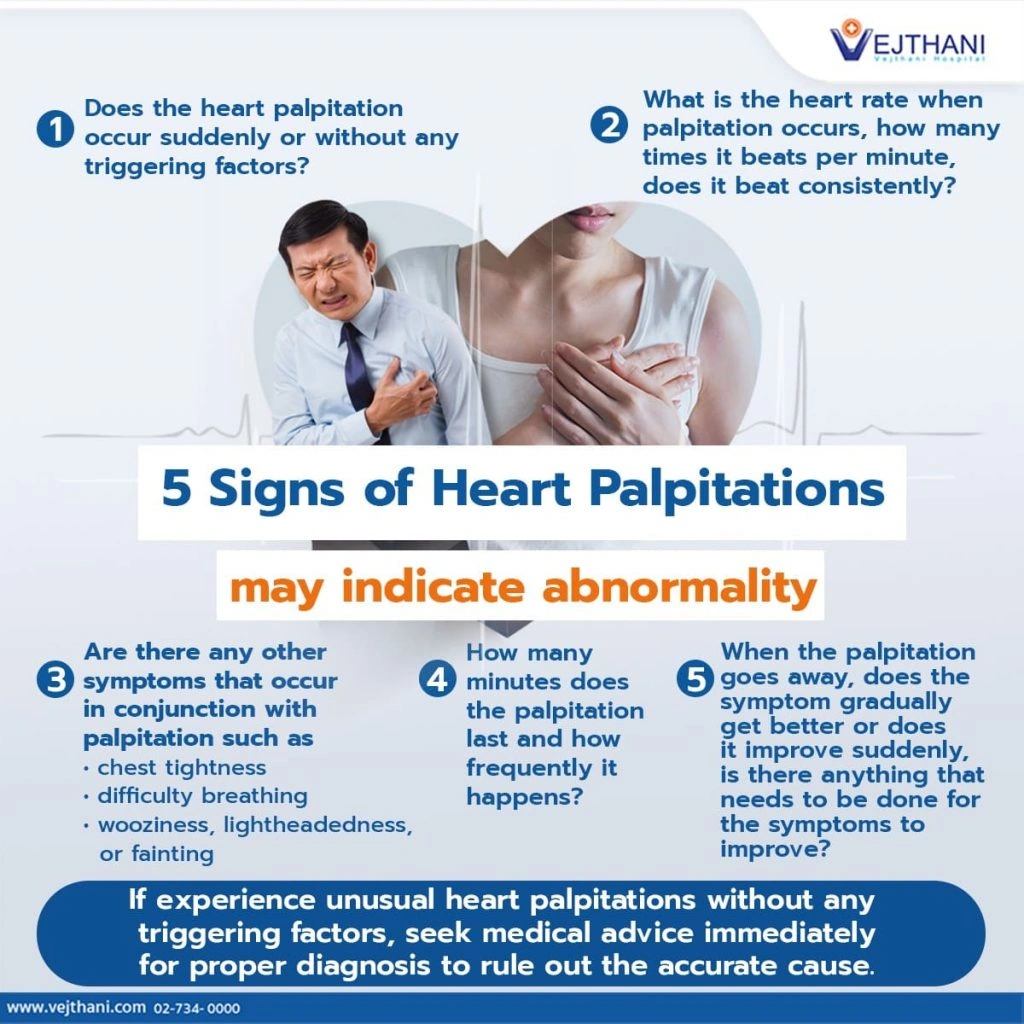
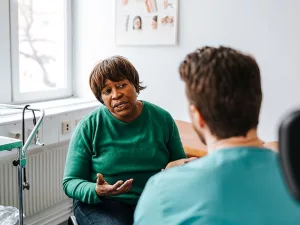
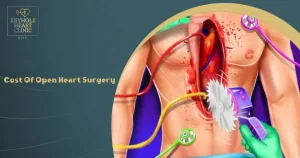


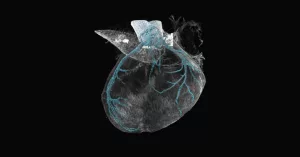
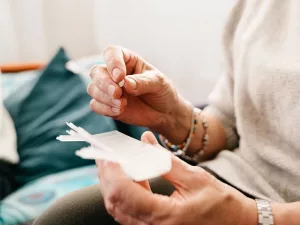
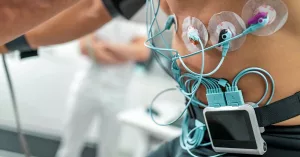
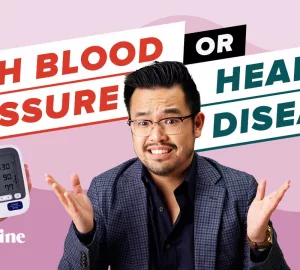





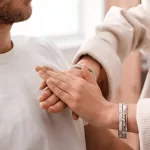





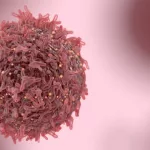
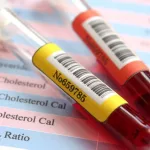
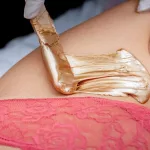
Leave a Reply
You must be logged in to post a comment.